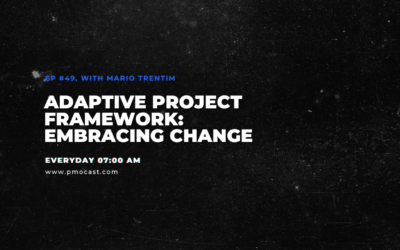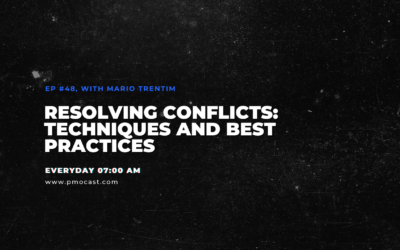As project managers, our role involves managing various aspects of a project, from initiation to closure. One of the most critical aspects that largely determine a project’s success is estimation—time, cost, and resource estimation to be precise. Today, we’ll deep dive into these three key areas, uncovering effective project estimation techniques that can significantly increase your project’s chance of success.
Understanding the Importance of Project Estimation
Project estimation forms the backbone of project planning. Accurate estimates allow us to set realistic expectations with stakeholders, align resources efficiently, manage costs effectively, and avoid any unpleasant surprises that could derail a project. Let’s explore various techniques that can be employed in each of these three vital estimation areas.
Time Estimation Techniques
1. Work Breakdown Structure (WBS): Breaking the project down into smaller, manageable tasks allows for a more precise time estimation for each activity. The WBS facilitates an easier understanding of the project timeline and ensures no task is overlooked.
2. Expert Judgment: Experienced team members or industry experts often have insights that can greatly enhance the accuracy of your time estimates.
3. Analogous Estimation: Leveraging historical data from similar past projects can help you make reliable estimates for current ones.
4. Parametric Estimation: This involves using mathematical models and statistical data to calculate time estimates based on project parameters.
Cost Estimation Techniques
1. Analogous Estimation: Similar to time estimation, past project data can be instrumental in predicting the costs for current projects.
2. Bottom-Up Estimation: By estimating costs for each task in the WBS and then summing them, you can calculate the total project cost. This comprehensive technique often yields highly accurate results.
3. Parametric Estimation: Applying cost-estimating algorithms based on project parameters can help predict project costs.
4. Three-Point Estimation: This technique involves estimating the optimistic, pessimistic, and most likely cost scenarios. It accounts for uncertainty and provides a range of possible costs.
Resource Estimation Techniques
1. Expert Judgment: Experienced team members can provide invaluable insights into the resources required for the project.
2. Bottom-Up Estimation: This approach involves estimating resources for each task and aggregating them to calculate the total resource requirements.
3. Historical Data: Past project data can provide insights into resource usage patterns, aiding in more accurate resource estimation.
Tips for Enhancing Estimation Accuracy
1. Involve Team Members: Encouraging team members’ involvement in the estimation process can increase buy-in and commitment, leading to more accurate estimates.
2. Regular Reviews: Estimates should not be static. They should be reviewed and updated as the project progresses and more information becomes available.
3. Use Multiple Techniques: Applying various estimation techniques and comparing their results can enhance the accuracy of your estimates.
4. Track Performance Metrics: Keeping track of project performance can provide valuable insights that can be used to improve future estimation accuracy.
In conclusion, mastering project estimation techniques is fundamental to achieving project success.
By employing these techniques, you can meet stakeholder expectations more effectively, ensuring your project stays on schedule, within budget, and uses resources efficiently. Stay tuned for more insights into project management and share your experiences with project estimation techniques using the hashtag #PMOCast.
SEO Keywords: Project Estimation Techniques, Time Estimation, Cost Estimation, Resource Estimation, Project Management
Meta Description: Discover effective project estimation techniques for time, cost, and resource predictions. Learn how to increase your project’s success rate with accurate estimations.




0 Comments